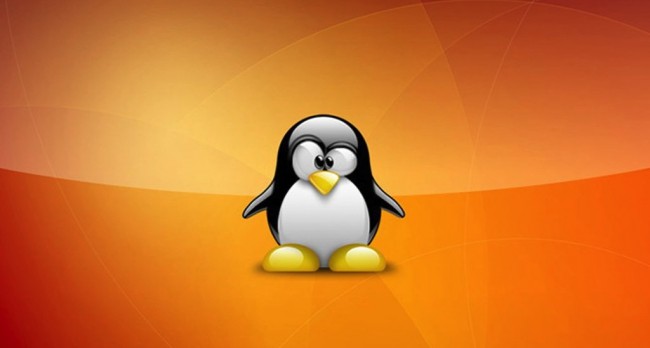Anthropic says its AI will not be used to spy on customers, even in government contracts. Here is what that means for AI governance, enterprise trust and defence partnerships.
Wine 1.6 finally released after 16 month hiatus


We won’t speak for all Linux users, but most use and love Wine – a pretty stable Windows emulator for most Unix-based systems. Today, and after 16 months of development, Wine 1.6 is released and can be downloaded from here (source only for now, binary packages “will appear soon”). There are loads of improvements for the user interface, networking capabilities and more.
Some of the more interesting updates include support for windows transparency, which is a feature of Microsoft’s OS since Vista. Windows rendering of the transparency feature is done on client side to ensure “identical results”, a what-you-see-is-what-you-get sort of deal.
Wine’s also running a native Mac OS X driver now for better integration in regards to OpenGL, window management, clipboard, drag & drop, system tray and so on. Only OS X 10.6 (Snow Leopard) is supported.
Graphics have been “significantly improved” and text rendering, alpha blending and bitmap stretching should look a hell of a lot better. Wine now even lets the user install different joysticks for testing purposes. Sounds nifty.
For us though, this sounds like the most futuristic update. In regards to the kernel “File times are reported with nanosecond resolution.” Nanoseconds are the best seconds. After that point, things start to get a little too technical and words like “VertexShaderMode” and “ClientSideGraphics” get thrown around. Wine is free and if you have the older version, more than likely you’ll want to upgrade to the latest one. So get to it.
Wine is an acronym for Windows Emulator and was first released in 1993, before the halcyon days of smartphones, thin laptops and iPads. Wine can be pretty much configured to run any version of Windows, going as far back as Windows 2.0, which has all the processing power of a solar-powered pea. Wine’s even branching out to Android, as demonstrated by one of the original developers of Wine back in February.


